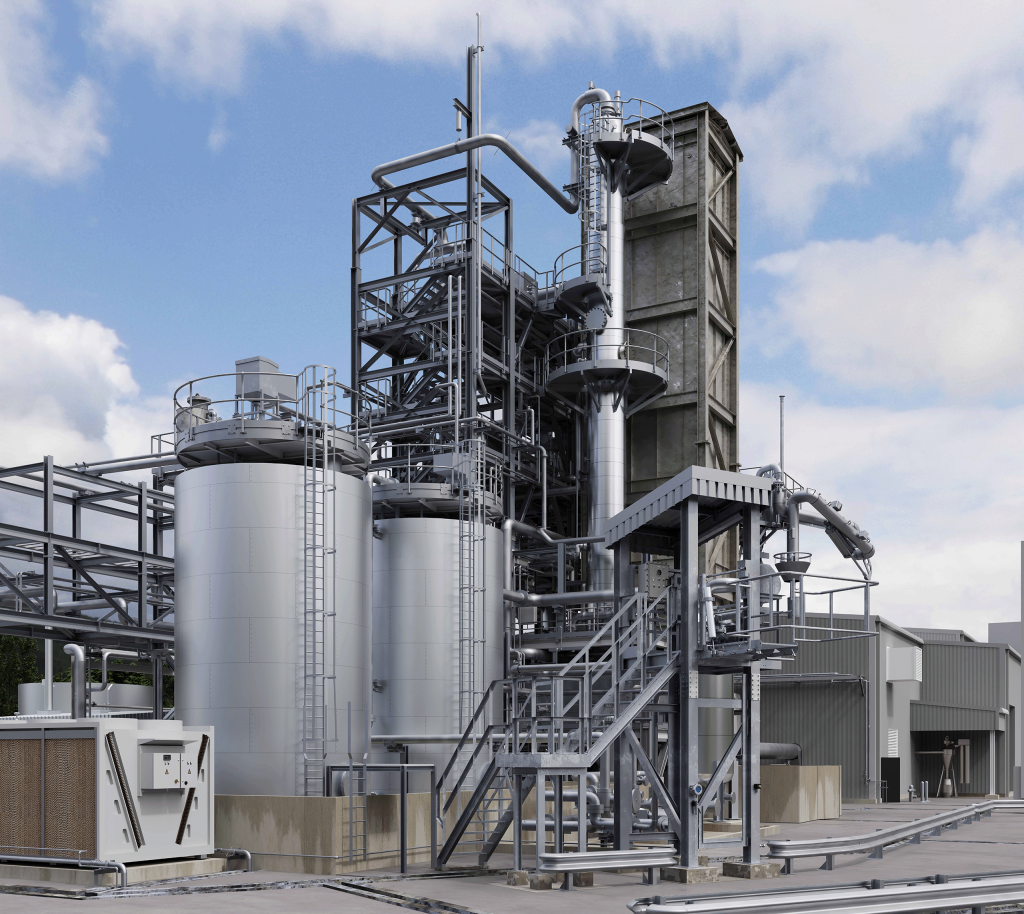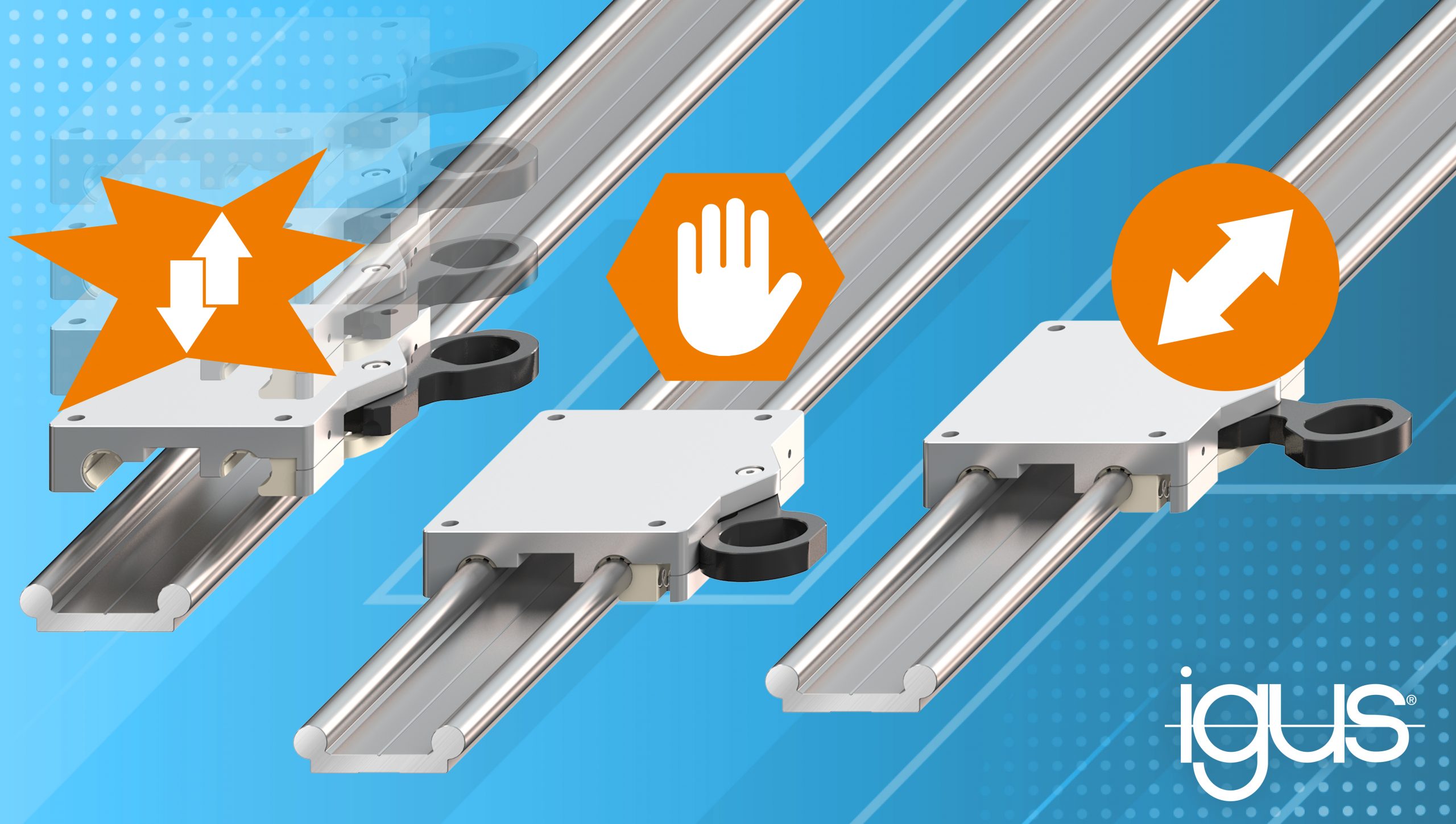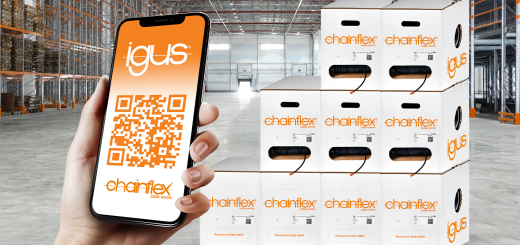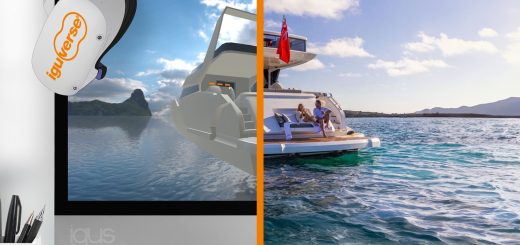Plastic recycling pioneer Mura Technology celebrates the pre-opening of the world’s first HydroPRS plant
Plastic recycling pioneer Mura Technology’s world-first HydroPRS™ plant is entering the commissioning phase in the UK. The first partner, igus, offers congratulations on reaching this recycling milestone.

November 8th, 2023 – Plastic waste is not incinerated but turned back into oil in 30 minutes – using only pressure, heat, and water. This revolutionary recycling technology is now being launched commercially for the first time. The British company Mura Technology is now starting to commission the world’s first plant – with the support of investor igus—a significant step towards an environmentally friendly and resource-saving recycling economy for plastics.
Mura Technology’s first HydroPRS (Hydrothermal Plastic Recycling Solution) plastics recycling plant opened its doors to investors, partners, and advocates on October 26 at the Wilton International industrial site in Teesside, UK, just before the site will go into operation in 2024.
The plant uses supercritical water (water at high temperature and high pressure) to turn products made from multi-layer mixed plastics, previously considered inseparable, into virgin-equivalent, recycled hydrocarbon feedstocks. This can then be used to manufacture new plastics and other products. The plant’s capacity is 20,000 tons per year – with plans to increase this to over three times this initial size. Until now, mixed plastics could only be separated by type in mechanical recycling with great effort and, therefore, usually ended up in incineration.
HydroPRS – A new type of reconversion saves 80 percent CO2 emissions
The advantages of the new recycling process are obvious. Through the reconversion of waste plastic to virgin-replacement feedstocks, crude oil is not lost as a valuable fossil raw material. At the same time, independent life-cycle analyses by WMG at the University of Warwick have shown that CO2 emissions are 80 percent lower than with combustion. Compared to fossil oil-based raw materials, HydroPRS produces products with equivalent or lower global warming potential and saves up to around 5 barrels of oil for every ton of plastic waste processed.
This pioneering technology means that the same material can be recycled unlimited times. This means that HydroPRS has the potential to significantly reduce single-use plastics and permanently increase the recyclability of materials in the plastics industry.
“This technology is a real game changer in plastics recycling,” says igus CEO Frank Blase. “We are proud to be accompanying Mura on this journey as the first partner.”
He had read about HydroPRS in 2019 and was convinced of its future viability. igus has invested €5 million Euros into the project so far to support Mura from the startup phase into commercializing the technology.
igus’s declared goal: transforming plastics into a circular economy
As a plastics-producing company, igus also feels responsible for continuously optimizing the environmental balance of its materials. Supporting HydroPRS technology is just one of many building blocks in this process. igus uses 99 percent of the plastic waste from production for new granulate for injection molding machines.
In 2019, igus also launched “chainge” – a digital recycling platform for discarded energy chains and other components made of engineering plastics, and in 2022, igus developed the first e-chain® cable carrier made from 100 percent recyclate was created.
Additionally, with the the igus:bike project, the company is also realizing a plastic bicycle for sustainable urban mobility, whose frame and wheels can be made from plastic waste such as old fishing nets. Plastic waste in landfills and the world’s oceans is thus transformed into a valuable resource.



